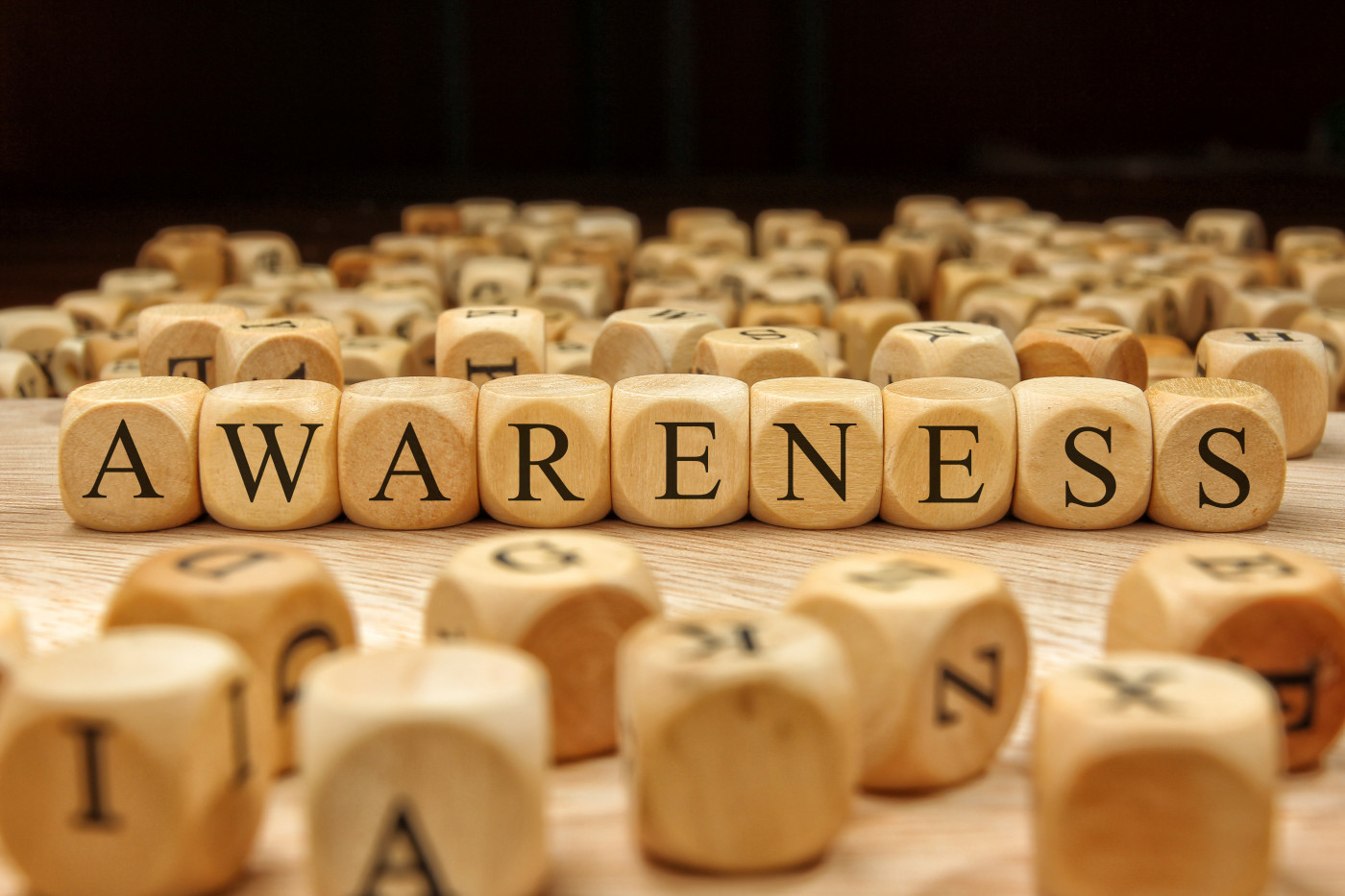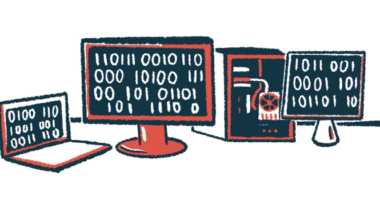Shoshin for AADC Caregivers

Providing constant care and supervision to a child with a chronic disease such as aromatic l-amino acid decarboxylase (AADC) deficiency can be mentally, physically, and emotionally draining. A Japanese concept called shoshin might help you change your perspective and see your role in a new light.
What is AADC deficiency?
AADC deficiency is a rare genetic disease, whose symptoms can include cardiac problems, oculogyric crises or eye spasms, seizures, pain, and problems with breathing and blood pressure. Patients can also have trouble sleeping and with swallowing. Because the disease affects the muscles, children may need orthotic braces to help with walking.
What is shoshin?
The word shoshin comes from Zen Buddhism, and means “beginner’s mind.” It refers to keeping an attitude of openness and eagerness that is free of misperceptions, just as a beginner would in tackling a new task.
When you are a beginner, your mind is empty and open. You are willing to learn and consider lots of new information. As you develop expertise and knowledge, however, your mind naturally becomes more focused and, often, more closed.
Applying shoshin to your daily life can help to bring back the childlike, curious nature that many of us tend to lose as we age. Ultimately, shoshin can give more meaning to life.
How can shoshin help me?
While there are no known studies specifically about shoshin and AADC deficiency, a University of California Los Angeles study found that moment-to-moment, nonjudgmental awareness can help people caring for profoundly disabled children.
According to the research, caregivers who practiced some form of mindfulness — of which shoshin is a type — had relatively higher levels of well-being and self-compassion. Stress, related to their role as caregivers, also dropped markedly.
Investigators speculated that such practices could be beneficial for caregivers because they encourage an impartial interpretation of their child’s situation. This could enable them to better respond to the emotional and physical challenges they encounter. Such practices promote a heightened acceptance of their child’s journey and reality.
In that they also provide care, physicians practice shoshin to be more “present” and responsive to their patients and their particular needs. Perhaps some of the same principles can apply to you as a caregiver.
How to rediscover your beginner’s mind
Because your caregiving duties never appear to end, setting aside time to learn a new way of thinking may seem impossible. However, you can train your mind to use shoshin during simple everyday activities, like having breakfast. Start by viewing what you’re doing (eating) with fresh eyes, as if you don’t know what to expect even though you’ve already done it countless times.
With the breakfast example, really examine the food, plate, and fork, and try to see details you wouldn’t ordinarily notice. Pay attention to the food’s tastes, textures, smells, and sights, as if you aren’t already familiar with them. Everything may start to seem new, maybe even full of wonder. You take nothing for granted and appreciate every bite as a gift that is fleeting and precious.
Whether you employ it at breakfast, while brushing your teeth, or doing the dishes, the practice allows you to return to the present so you can optimize your capacity to stop living on auto-pilot, seeing more clearly and making conscious life choices.
Start by listening more closely while talking with others. Instead of sharing your own experiences, listen to other people’s ideas and achievements. See what you can take away from them.
Why shoshin matters
When your days are consumed by caregiving, it can sometimes feel as though you aren’t moving forward with life. Practicing shoshin can help by making each day’s experiences more real and worthwhile. You may be more open if you aren’t hampered by preferences or prejudgments about how things should be. Such an outlook also can help with feelings of disappointment and frustration.
If you’re procrastinating about a big task, for example, instead of fretting about how hard it will be, be curious about what the task will be like. Pay attention to the details of performing the task, rather than trying to avoid them.
Learning to become more aware of yourself and your mind can help in keeping you open to new ideas, and more positive and effective ways of thinking. In turn, this could help with caregiving strategies and approaches.
Last updated: March 3, 2021
***
AADC News is strictly a news and information website about the disease. It does not provide medical advice, diagnosis, or treatment. This content is not intended to be a substitute for professional medical advice, diagnosis, or treatment. Always seek the advice of your physician or other qualified healthcare providers with any questions you may have regarding a medical condition. Never disregard professional medical advice or delay in seeking it because of something you have read on this website.






